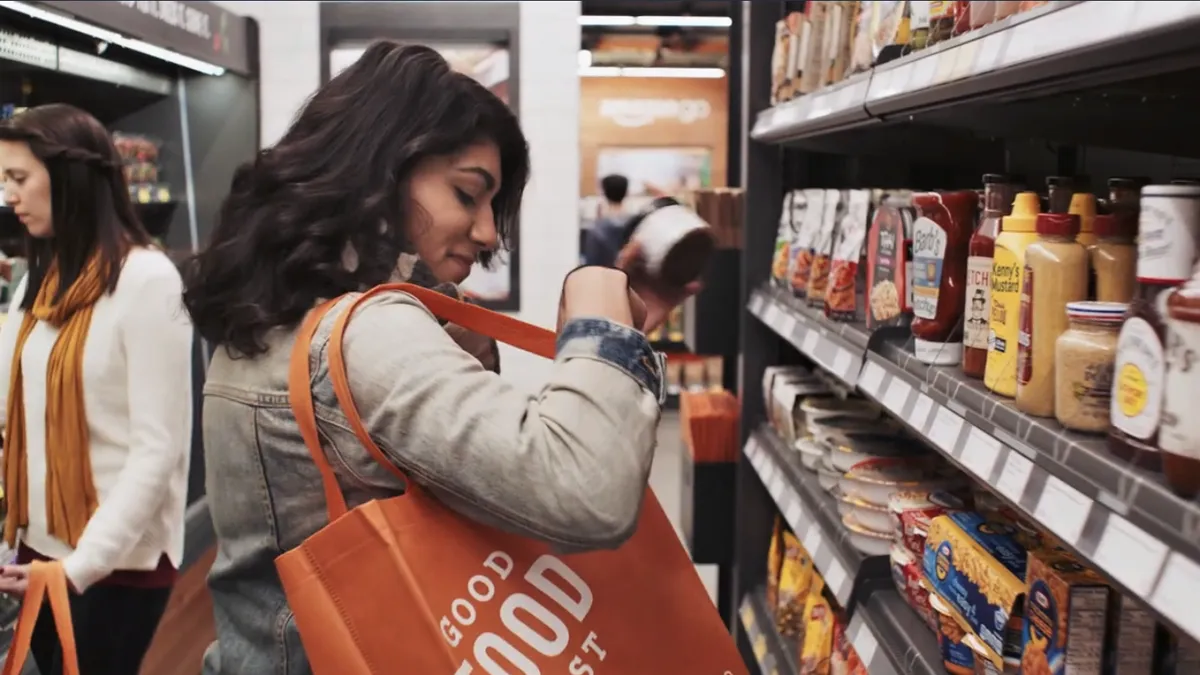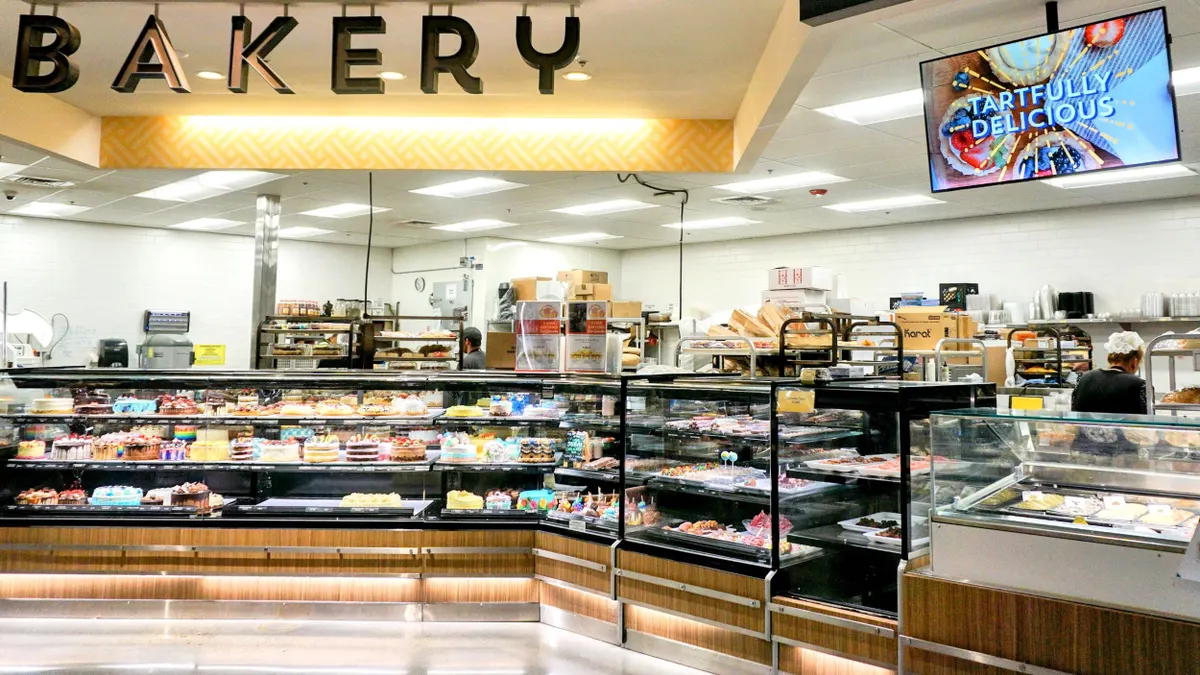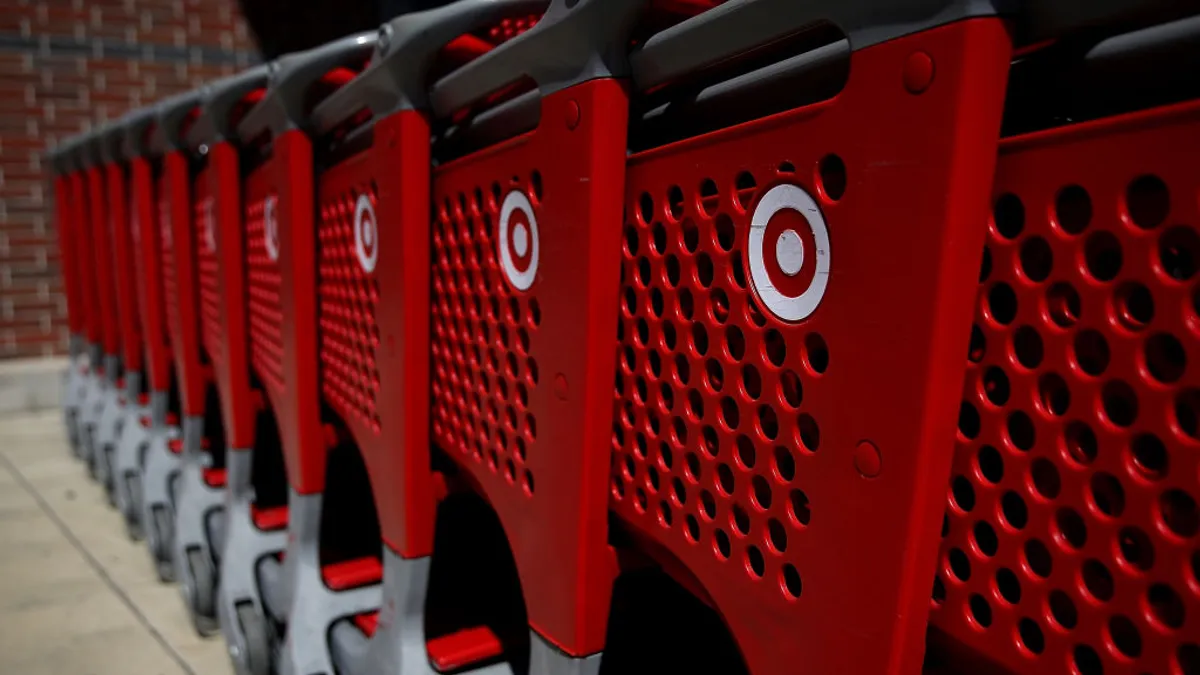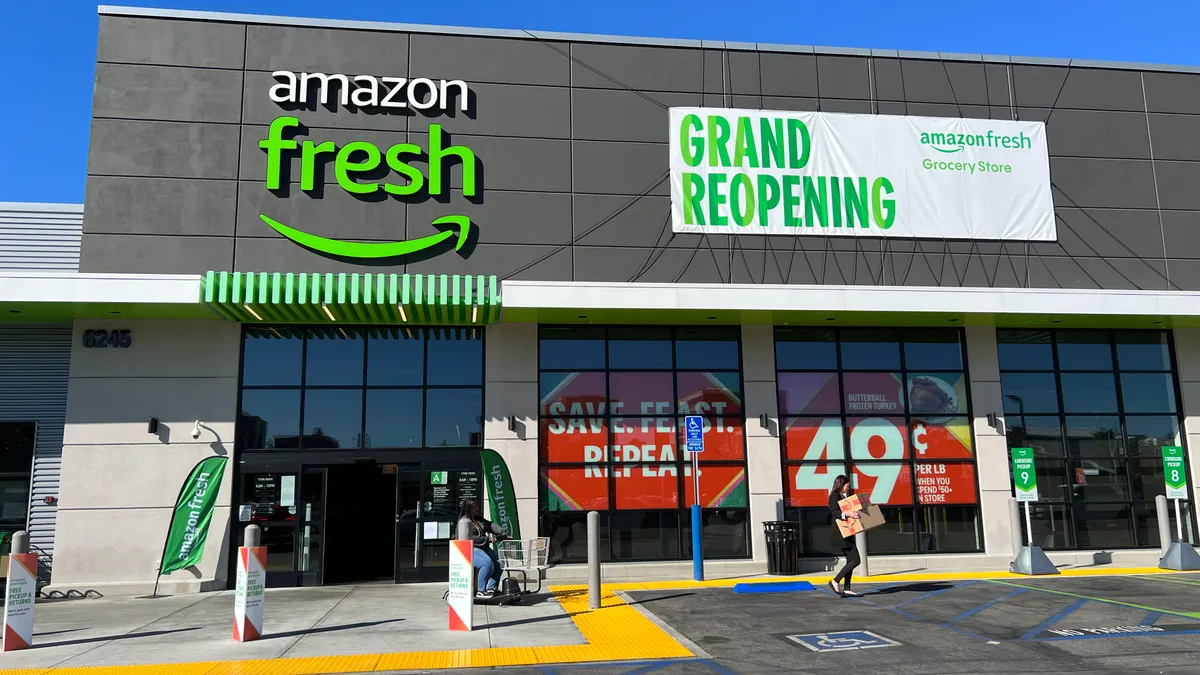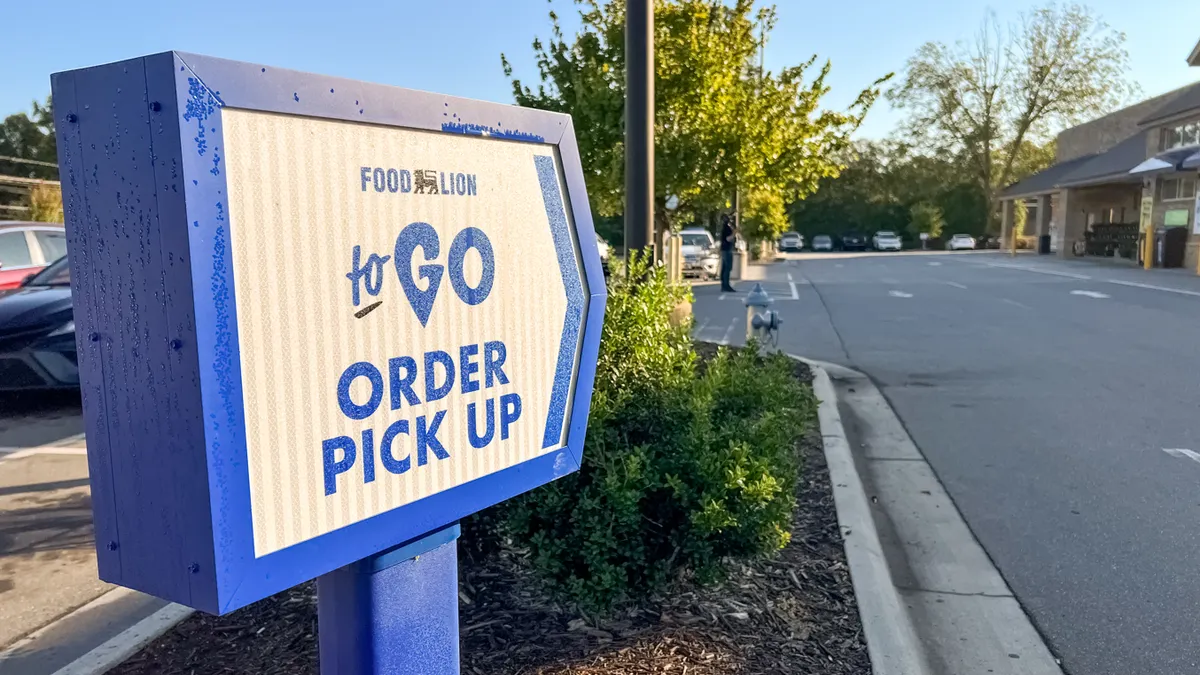Sylvain Perrier is president and CEO of Mercatus Technologies.
In the wake of Amazon’s entry into the brick and mortar side of the business, grocery retailers were quick to rally around customer demand for added convenience by outsourcing their e-commerce experience.
In 2020, the industry will more carefully consider opportunities to address today’s time-starved shoppers. They will do so in ways that maximize customer satisfaction, ease margin compression, and in the long run, offer grocers the business predictability that best serves their brand.
There are four key themes grocers will focus on in 2020 and they are all centered around regaining control of the customer experience and fortifying their business and brand.
1. Taking advantage of the reverse Amazon effect
Where Amazon has pushed into the grocery retail space, we will see other retailers take a reverse approach, adopting integrative technology solutions within the context of their own digital strategies. Grocery has an extremely high penetration rate across consumer households. With their foot in the door, grocers have the opportunity to expand their online product offerings with other items shoppers want and need. Selling non food-related items or food adjacent items on their own websites will increase average basket size and empower retailers to strengthen customer relationships, using insights from data spanning new lifestyle categories.
Meanwhile, Amazon’s investment in grocery will continue to create a sense of urgency throughout the industry. Recently confirming the rumors that they will open physical grocery stores in California, Amazon’s grocery game plan will push some retailers into discovering more frictionless solutions inside the grocery store, such as self-checkout kiosks or mobile checkout.
2. Recession-proofing the company
As we enter the holiday season, the question of economic uncertainty in the U.S. looms large over 2020 and beyond. There will be a cascading effect across the industry as retailers try their best to squeeze out supply chain costs, trim any unnecessary spending, and amp up their investments in private label.
As long as the economy remains fairly strong in the short term, retailers will seek ways to create a sustainable practice while consistently delivering the experience shoppers expect. This means any project without a proven return on investment will be quickly dismissed. Additionally, we can expect an increased level of fortification from retailers, with many closing non-performing brick-and-mortar locations and keeping a keen eye on pushing cost-efficient initiatives in existing, well-performing stores.
3. Questioning the value of the third-party marketplaces
The pendulum will continue to swing in favor of retailers owning their online grocery shopping experience. In 2020, more retailers will come to realize that online marketplaces have reached a saturation point in terms of the number of transactions and participating customers. The trend of retailers de-listing from core marketplaces and shifting transaction volume in favor of retailer controlled properties will accelerate.
What should be alarming to grocers who are using or considering using marketplace powered fulfillment services is the effect on business profitability. As a recent report from Barclays points out, third parties like Instacart inject themselves into the retailer-consumer relationship and quickly become the face of the retail brand. The report comes with a dire warning, citing Toys “R” Us as a kind of canary in the retail brand coal mine for what could become the fate of grocers who fail to take control of their e-commerce experience and instead relinquish control to a third-party provider.
Moving forward, strategic retailers will recognize that the continued use of marketplaces will make it more difficult to grow their top line while competition continues to erode their bottom line.
4. Shifting to more commoditized last-mile delivery
Grocers will seek out a variety of pick-and-pack solutions and delivery partners in 2020. While a one-size-fits-all approach sounds appealing, this might not be an effective way of maintaining brand control and keeping customer relationships. If one vendor becomes the face and owner of an e-commerce experience, a brand loses the opportunity to build loyalty with their shoppers. In diversifying their fulfillment solutions, retailers will benefit from greater control over online shopping, generate better insight into consumer behavior, and be able to offer more authentic shopping experiences across the board.
At the end of the day, it’s essential for grocers to own the online shopping experience from beginning to end. In 2020, the tide will turn as grocers build and expand on profitable digital experiences that they control. Owning their online shopping experiences will enable them to truly cater to shopper expectations while expanding and protecting their retail brand.


